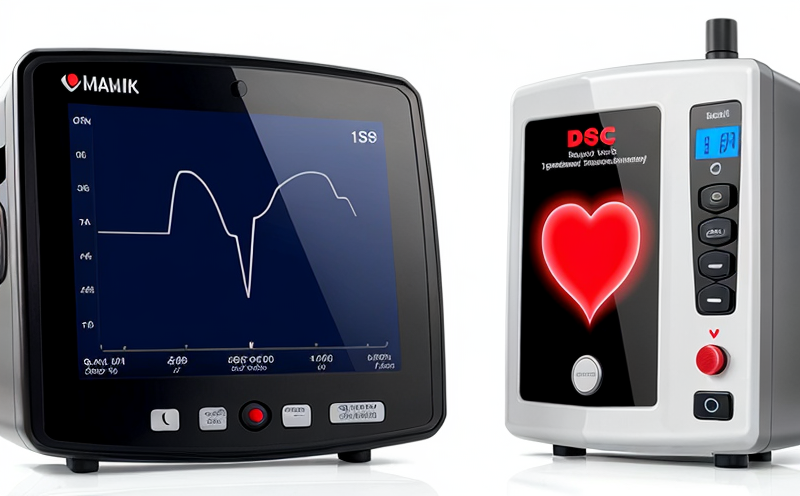ASTM F3044 Fatigue Testing Under Physiological Loading for Cardiovascular Implants
The ASTM F3044 standard is a pivotal guideline for ensuring the durability and reliability of cardiovascular implants. This testing procedure focuses on assessing the fatigue life under physiological loading conditions, which are critical to ensure the long-term safety and performance of devices like stents, heart valves, and other cardiovascular implants.
Understanding the significance of fatigue testing in this context is crucial. Cardiac and cardiovascular devices must withstand a wide range of mechanical stresses over extended periods without compromising their integrity or function. ASTM F3044 provides a standardized approach to simulating these conditions in the laboratory, thereby offering manufacturers and regulatory bodies a reliable method for evaluating device performance.
During fatigue testing under physiological loading, specimens are subjected to repetitive stress cycles that mimic real-world conditions. This process helps identify potential failure modes early on, allowing for necessary design modifications before devices reach the market. The test parameters include specific loading frequencies, amplitudes, and durations that reflect typical patient activity levels.
Specimen preparation is critical in ensuring accurate results. Proper handling of materials ensures consistent testing outcomes. Specimens should be cut from production lots to ensure representativeness. Surface finishes must also be controlled to prevent unnecessary wear during the test.
The instrumentation used for ASTM F3044 testing includes specialized fatigue testers capable of applying cyclic loads in a manner that simulates physiological conditions. These machines are equipped with sensors and data acquisition systems that monitor stress, strain, and displacement throughout the test cycles. This detailed monitoring allows for precise analysis of material behavior under repeated loading.
Acceptance criteria for ASTM F3044 testing involve defining acceptable limits for fatigue life based on industry standards and clinical expectations. These criteria ensure that only devices meeting these stringent requirements are deemed safe for use in patients. Compliance with these standards is a critical step in ensuring the quality of medical devices.
Scope and Methodology
| Test Parameters | Description |
|---|---|
| Loading Frequency | Cycles per minute (CPM) as specified in the ASTM F3044 standard. |
| Loading Amplitude | The range of stress applied to the specimen, reflecting typical physiological conditions. |
| Specimen Preparation | Cutting from production lots and ensuring consistent surface finish. |
| Instrumentation | Description |
|---|---|
| Fatigue Tester | Capable of applying cyclic loads to simulate physiological conditions. |
| Sensors and Data Acquisition System | To monitor stress, strain, and displacement during the test cycles. |
Eurolab Advantages
At Eurolab, our expertise in ASTM F3044 fatigue testing ensures that we provide comprehensive support to our clients. Our state-of-the-art facilities are equipped with the latest technology and experienced personnel who understand the nuances of this critical test method.
We offer a full range of services from initial consultation through final report generation. This includes detailed specimen preparation, precise instrumentation setup, and thorough data analysis. Our team works closely with clients to ensure that every aspect of testing aligns with their specific needs and regulatory requirements.
Our commitment to quality is reflected in the certifications and accreditations we hold. We are ISO/IEC 17025:2017 accredited, ensuring our laboratory meets international standards for competence and impartiality. This accreditation guarantees that our testing results are reliable and valid.
Quality and Reliability Assurance
The quality of the services we provide is paramount to Eurolab. We have stringent internal controls in place to ensure consistency and accuracy in all aspects of ASTM F3044 testing. Regular calibration and validation of our instruments further enhance the reliability of our results.
We employ rigorous data management practices to maintain the integrity of test data throughout its lifecycle. This includes secure storage, accurate recording, and transparent reporting. Our quality control measures are designed to catch any discrepancies early on, ensuring that only high-quality data is reported.





